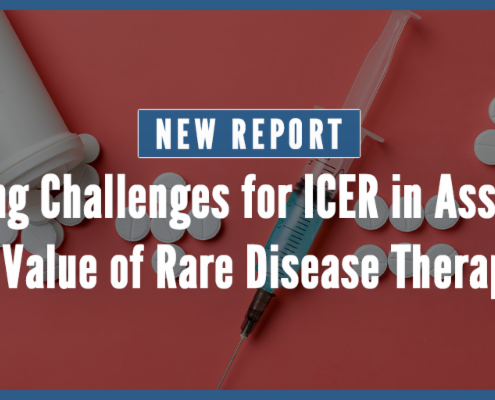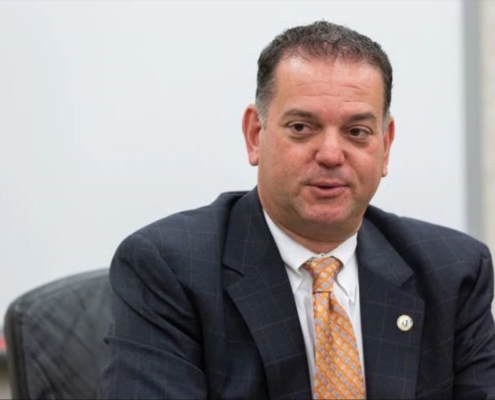Moving the Needle on Healthcare Cost Containment & Reform
/0 Comments/in Blog, Blog: Healthcare, Blog: Healthcare Transparency, Blog: Medicaid, Featured, Healthcare /by Editorial StaffToday, Pioneer Institute submitted recommendations to the Commonwealth of Massachusetts’ Special Senate Committee on Health Care Cost Containment and Reform. Pioneer applauds provisions of the proposed legislation that would reduce emergency room use and re-admissions, expand scope of practice, and embrace telemedicine. The Committee should also be commended for looking to other states’ accomplishments in this area.
But the current bill raises some concerns. In some instances, we believe it diminishes the potential for greater cost savings by adding unnecessary regulatory burdens. The projected savings relative to 2020 spending are quite modest, at less than 0.2 percent. The Medicaid buy-in program as it is presented is a radical change from the existing program structure – it will require more elaboration and analysis, as it is unclear what the impact of this proposal will be on MassHealth and providers across the Commonwealth. Pioneer also has concerns that the bill could lead to harmful unintended consequences, such as the collapse of the merged private insurance market. We hope the Legislature addresses these issues, but this bill starts an important healthcare cost conversation in Massachusetts, and we commend the Senate for taking the lead in this effort. Read Pioneer’s full letter to the Committee.
Get Updates On Our Healthcare Research and Events!
Related Research

National Study Finds Most States Lack Healthcare Price Transparency Laws

A Tipping Point for Telehealth – Bringing Healthcare into Your Home

New Study Calls for Re-thinking Massachusetts’ COVID-19 Care Standards

New Report: Quality Adjusted Life Years (QALY) Methodology Discriminates Against Older Americans, Threatens to Deny Seniors Access to Life-Saving Care

COVID-19 Roundup from Pioneer: Why the divergent fatality rates?, Time for Telehealth, Missing the Greatest Generation, Senator profiting from COVID-19 & more!

COVID-19 Roundup from Pioneer: Tracking COVID-19 in MA, unemployment tsunami, cancel MCAS?, cell phone hygiene, salute to James Taylor, state tax filing & more!

Baker needs to expand telehealth further

New Report & Legal Analysis Suggests ICER’s Quality Adjusted Life Years Methodology Violates the Americans with Disabilities Act

Pioneer Poll: MA Healthcare Consumers Overwhelmingly Want Price Information on Services, but Few Know How to Get It

Pioneer Institute to Present Results of New Consumer Poll Monday at State House Healthcare Price Transparency Event

Report: Rare Disease Patients Hurt by “One-Size-Fits-All” ICER Framework

New Report Addresses Distinct Challenges in Utilizing ICER to Assess Value of Rare Disease Treatments

Putting a Price on Life: The Coming Fight Over Government Rationing of Medical Care

Public statement on new federal rule eliminating “skimming” of dues from caregivers’ Medicaid payments

Making Healthcare Prices Accessible

Here’s why Sarah Palin’s ‘death panels’ are now being debated in Massachusetts

Issue Brief: Problems With The Institute of Clinical and Economic Review (ICER) and the QALY Methodology




